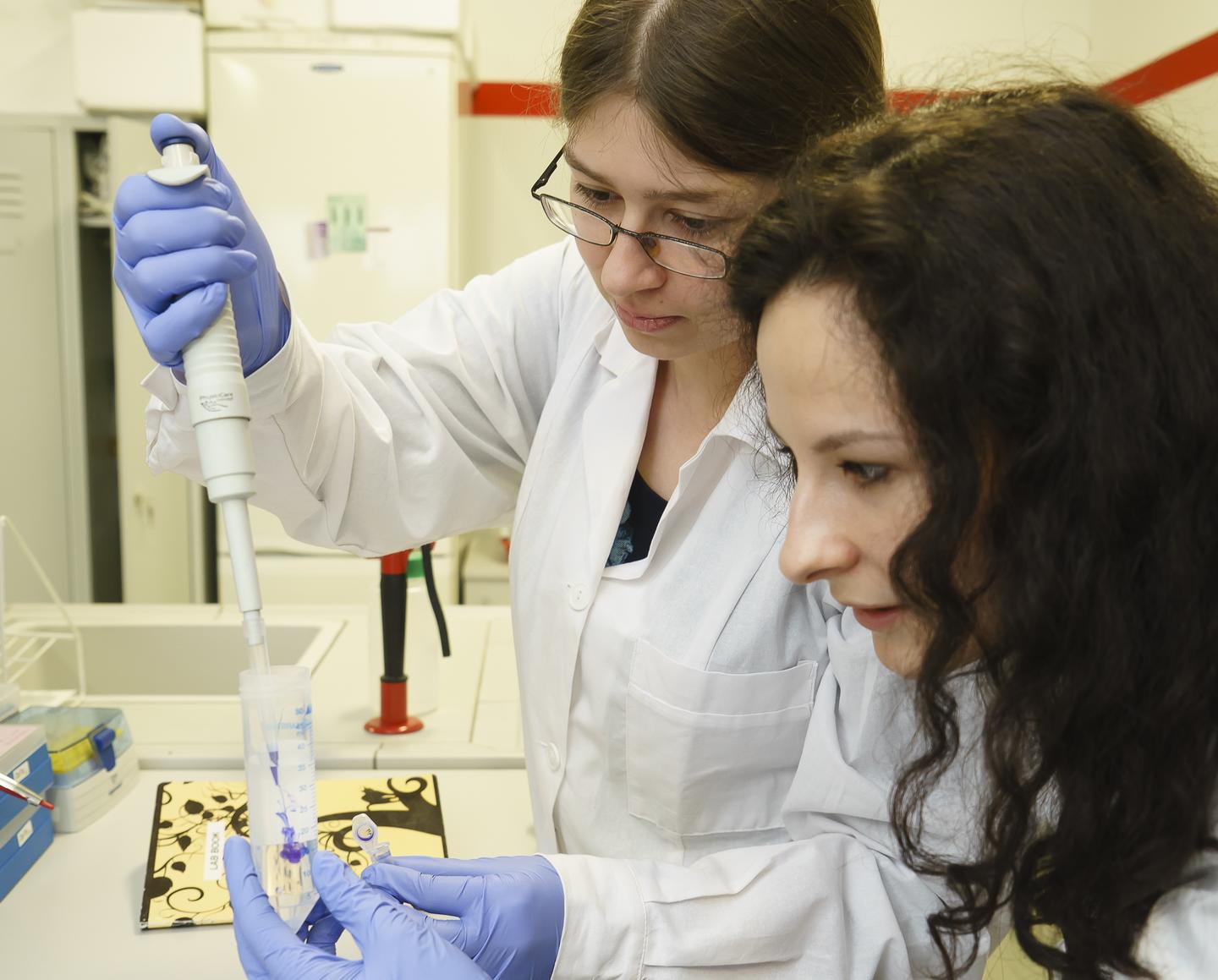The Institute of Oceanology at the Polish Academy of Science, the Norwegian Institute of Marine Research and the Nansen Environmental and Remote Sensing Center in Norway worked together in a research project on climate effects funded through Norway Grants. Now they are also partners in the EU-funded Horizon 2020 project INATROS. The Polish organisation is certain that their participation in the EU project is a direct effect of their collaboration supported through Norway Grants, as it was one of their Grants project partners who invited them to join the Horizon 2020 project.
Beneficial cooperation
Through the EEA and Norway Grants, the donor countries Iceland, Liechtenstein and Norway have contributed to enhance research-based knowledge development in Europe for more than a decade.The main purpose of the Grants funding for research is to provide support for joint research projects between beneficiary and donor country researchers.
An independent assessment of the funding conducted by Coffey International Ltd shows that the EEA and Norway Grants are going beyond initial expectations in terms of impact. Researchers from both beneficiary and donor countries are accruing substantial benefits through the project collaboration.
Sustainable partnerships supporting applications for EU funding
Researchers and research institutions in our beneficiary countries (the EU member states that joined the EU after 2003, or EU-13) are increasing their research competence and skills thorough the EEA and Norway Grants projects as well as extending their know-how on how to develop larger funding proposals under EU programmes such as Horizon 2020.
Researchers and organisations participating in our projects are gaining:
- Opportunity to collaborate internationally
- Access to internationally renowned research network
- Research excellence (meaning high quality research)
- Access to state-of-the-art research facilities
The Grants have had a positive impact on application for EU research funding. The success of project teams supported by the EEA and Norway Grants in applying for EU funding appears to be high, according to the assessment.
The Grants’ funding is also thematically broader compared to other funding sources and allows for a larger degree of interdisciplinary. This allows for bigger knowledge exchange and greater chances for innovation.
Read the key points in our citizens' summary
Donor partners gain access to international networks
The assessment of the results of the EEA and Norway Grants research programmes also finds that researchers from Iceland and Norway taking part in partnerships benefit significantly. This includes strengthening their own research capacity, getting the opportunity to collaborate internationally, gaining access to state-of-the-art research facilities and new methodologies and the partnerships help to access renowned international networks.
A project in Romania, for examples, provided Norwegian researchers access to state-of-the-art research facilities, which had previously been funded by EU Research Infrastructure funding.
The Silesian University of Technology in Poland and SINTEF Energy Research in Norway cooperated on a project that developed techniques that make the process of carbon capture more realistic supported by Norway Grants. The partnership is now continuing in a new project funded by Horizon 2020.
Building excellence
Highlighting the role the EEA and Norway Grants can play in building research as well as education and innovation competence and skills in the 13 newest EU member states (EU-13), is the topic at the conference “Research, Education and Innovation: Building Excellence – Enabling Widening with the EEA and Norway Grants” taking place in Brussels today (27 November 2017).
The conference organised by the Mission of Norway to the EU, The Norwegian Contact Office for Research, Innovation and Education (NorCore) and the EEA and Norway Grants secretariat is looking at how the EEA and Norway Grants have contributed to policy development in EU-13 as well as showcase good examples with a view to create synergies between the EEA and Norway Grants and the future EU programmes in the fields of research, education and innovation.
Speakers include
- Bjørn Haugstad,State Secretary, Norwegian Ministry of Education and Research
- Agrita Kiopa, Deputy State Secretary, Latvian Ministry of Education and Science
- Magda de Carli Head of Unit, European Commission, Directorate General for Research and Innovation
- Anna Zajakina from the Latvian Biomedical Research and Study Centre
Read more about the conference here, including the programme
About the EEA and Norway Grants
The EEA and Norway Grants represent the contribution of Iceland, Liechtenstein and Norway to reducing economic and social disparities and to strengthen bilateral relations with 15 EU countries in Central and Southern Europe and the Baltics.
Through the Grants, the donor countries have contributed to enhance research-based knowledge development for more than a decade. Research cooperation between donor and beneficiary countries is a key element of the funding.
EEA Grants 2004-2009 provided €82 million to research projects in 11 countries. The EEA and Norway Grants 2009-2014 provided €108.2 million to research cooperation with 6 countries.
Innovation, Research, Education and Competitiveness is one of the five priority sectors under the EEA and Norway Grants 2014-2021. Read more about our funding opportunities in this period here.
